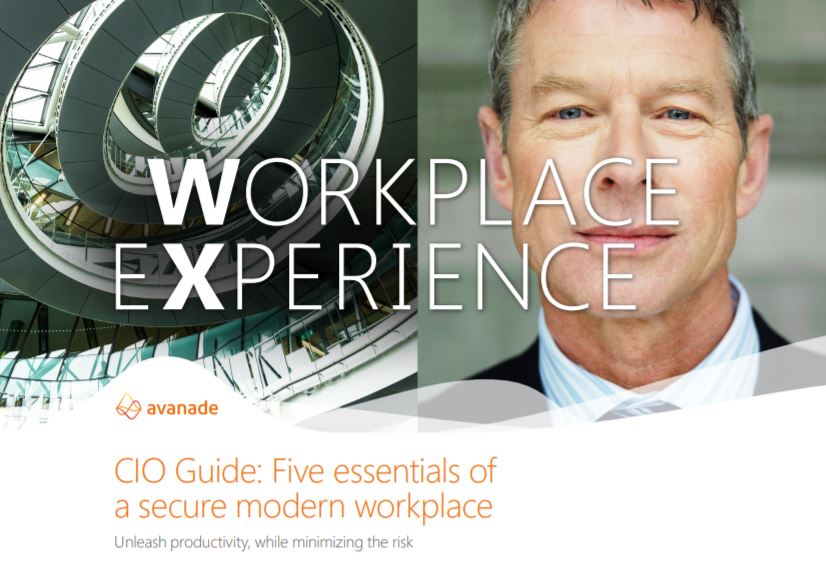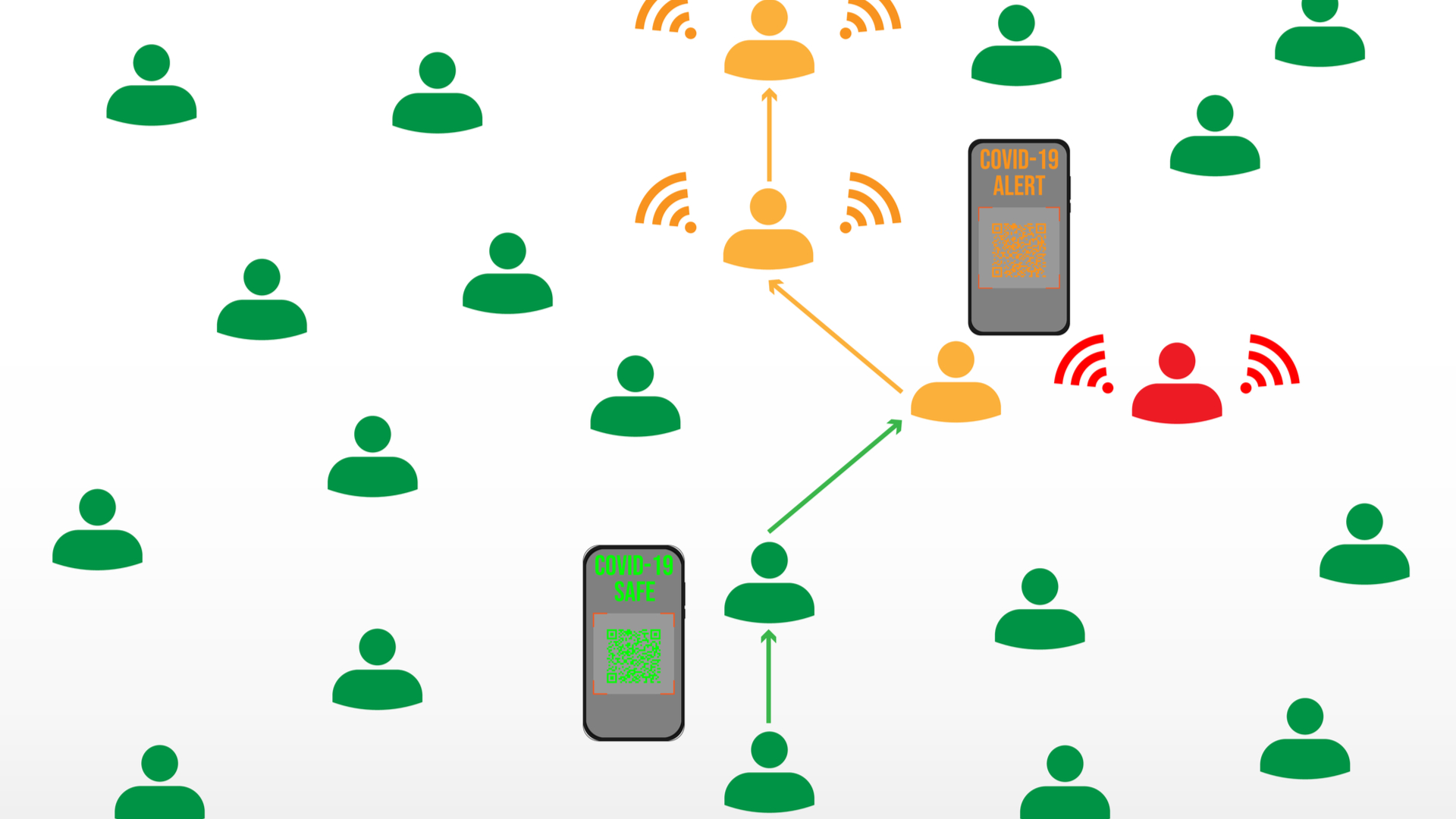Zoom CEO admits company "moved too fast" as privacy issues mount
Eric Yuan insists platform will put "privacy and security first"


Zoom's founder and CEO has admitted his company made "missteps" that should have been fixed before the service became so popular during the coronavirus pandemic.
RELATED RESOURCE

Five essentials of a secure modern workplace
The CIO's guide to unleashing productivity whilst minimising risk
Eric Yuan told CNN that the company had "moved too fast" and should have done more to enforce password and meeting room security.
The service is currently seeing a spike in usage as more and more people are using video conferencing to connect to work colleagues, family and friends. Recent reports have suggested that Zoom is now more popular in the US than Microsoft Teams, with its user base surging from 10 million to 200 million in recent weeks.
However, this has resulted in more scrutiny of the service as numerous security issues have come to the fore. From "zoomboming" to confusion over its level of encryption, Zoom has been dogged by security concerns, forcing its CEO to make public apologies.
"During this COVID-19 crisis, we moved too fast," he said. "Our intention was to serve the end-users, but we had some missteps. We should have done something to enforced password and meeting rooms and double-checked everything. We should have taken actions to fix those missteps.
"New user cases are very different from our traditional customer base where they have an IT team to support them. We've learned our lessons and we've taken a step back to focus on privacy and security."
Yuan was tougher on himself in an earlier interview with The Wall Street Journal, saying that he "really messed up as CEO" and that he felt an obligation to win back user trust.
Get the ITPro daily newsletter
Sign up today and you will receive a free copy of our Future Focus 2025 report - the leading guidance on AI, cybersecurity and other IT challenges as per 700+ senior executives
Zoom's internal criticism follows a troubling few weeks where a number of problems have plagued the videoconferencing platform. Most recently, its been the target of a hack known as 'Zoomboming', where unwanted guests invade a meeting.
Questions have also been asked about the level encryption the service offers, as it was recently revealed Zoom didn't have end-to-end encryption between calls, despite saying so in its privacy policy.
The issues have seen a number of companies and organisations drop the services, such as the FBI and Elon Musk's SpaceX. Going forward, Yuan promised to make Zoom a "privacy and security-first company".
Bobby Hellard is ITPro's Reviews Editor and has worked on CloudPro and ChannelPro since 2018. In his time at ITPro, Bobby has covered stories for all the major technology companies, such as Apple, Microsoft, Amazon and Facebook, and regularly attends industry-leading events such as AWS Re:Invent and Google Cloud Next.
Bobby mainly covers hardware reviews, but you will also recognize him as the face of many of our video reviews of laptops and smartphones.
-
 Cleo attack victim list grows as Hertz confirms customer data stolen
Cleo attack victim list grows as Hertz confirms customer data stolenNews Hertz has confirmed it suffered a data breach as a result of the Cleo zero-day vulnerability in late 2024, with the car rental giant warning that customer data was stolen.
By Ross Kelly
-
 Lateral moves in tech: Why leaders should support employee mobility
Lateral moves in tech: Why leaders should support employee mobilityIn-depth Encouraging staff to switch roles can have long-term benefits for skills in the tech sector
By Keri Allan
-
 Infostretch and INDIASHIELD partner to resolve COVID crisis in India
Infostretch and INDIASHIELD partner to resolve COVID crisis in IndiaNews Infostrech’s support platform aids INDIASHIELD’s emergency healthcare
By Praharsha Anand
-
 Why video conferencing is so tiring and what you can do about it
Why video conferencing is so tiring and what you can do about itIn-depth You’re not alone if you find video meetings far more tiring than the real thing
By Simon Hudson
-
 A new age of asset management
A new age of asset managementIn-depth Can migrating a business’ Active Directory to the cloud become a core resource as the consumerisation of tech continues?
By David Howell
-
 VaxAtlas' looks to connect the public to COVID-19 vaccine distributors
VaxAtlas' looks to connect the public to COVID-19 vaccine distributorsNews New platform unveils portable approach to COVID-19 vaccine distribution
By Praharsha Anand
-
 Scotland will launch its own contact-tracing app
Scotland will launch its own contact-tracing appNews The Scottish government says the app will arrive in the autumn and will not ask users to reveal personal information
By Sabina Weston
-
 Linux Foundation open-sources coronavirus tracing apps
Linux Foundation open-sources coronavirus tracing appsNews The projects, based on the Google and Apple API, aim to support public health contact tracing efforts
By Keumars Afifi-Sabet
-
 Video conferencing service StarLeaf sees a 947% surge in UK usage
Video conferencing service StarLeaf sees a 947% surge in UK usageNews CEO Mark Richer believes this trend will continue long after the pandemic is over
By Sabina Weston
-
 UK's contact-tracing app will be ready in "two to three weeks"
UK's contact-tracing app will be ready in "two to three weeks"News NHSX CEO says app will be "crucial" in easing lockdown restrictions
By Sabina Weston